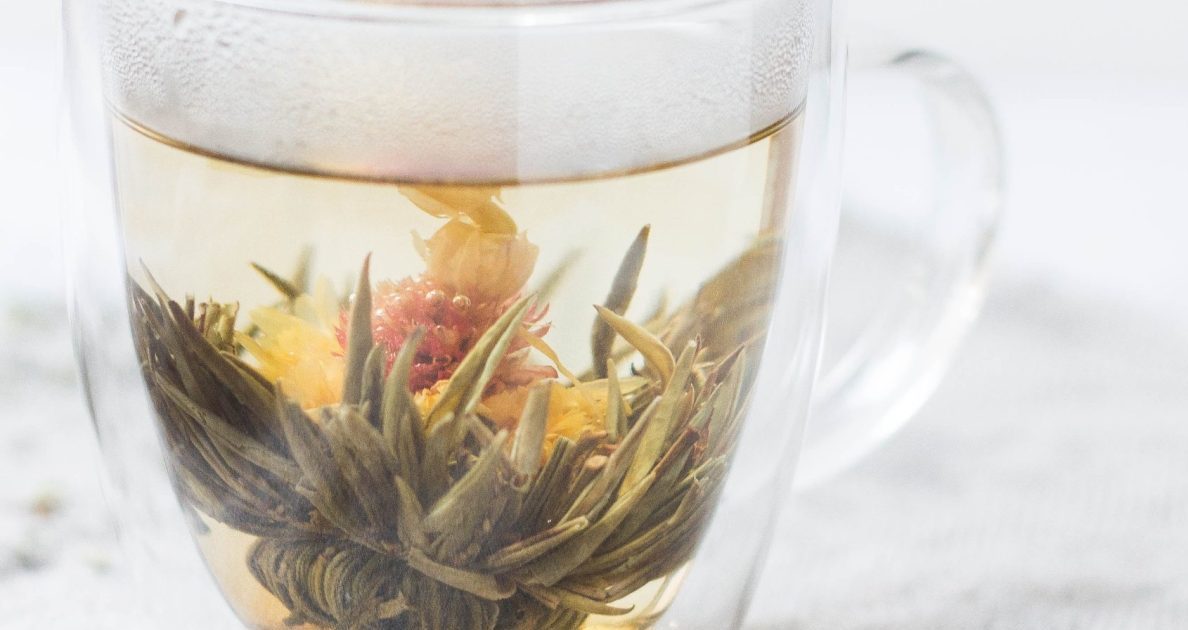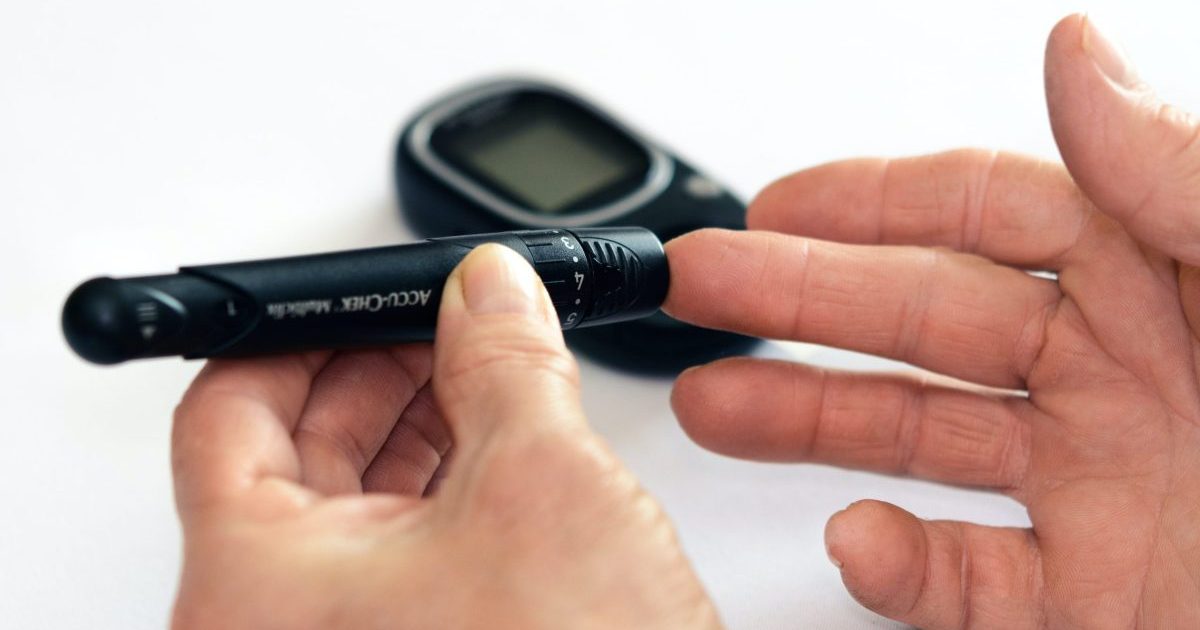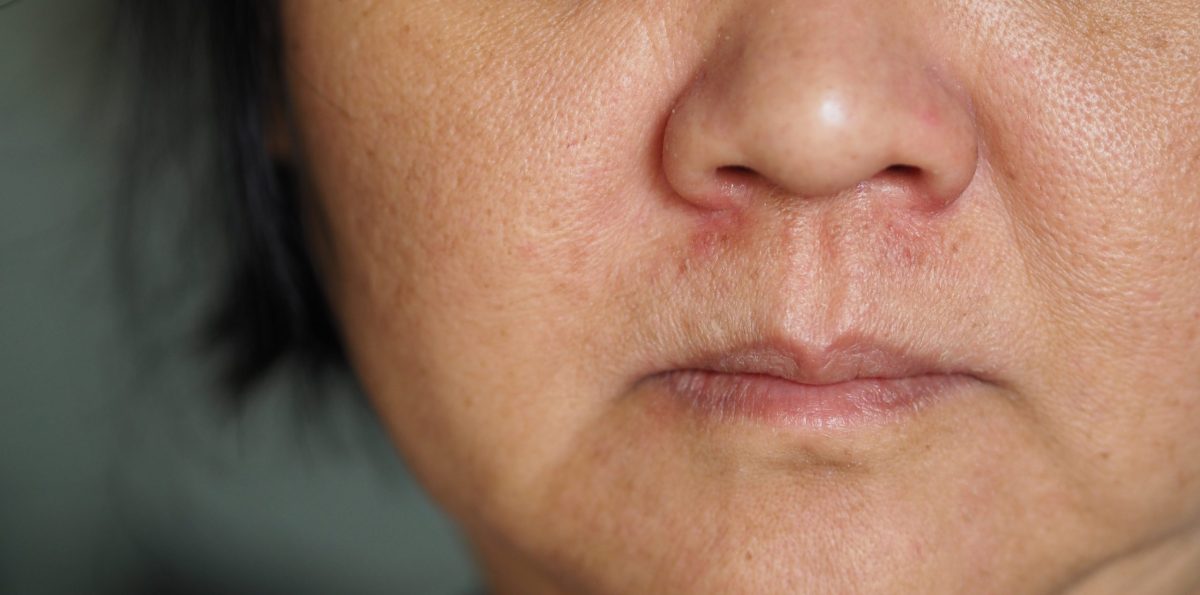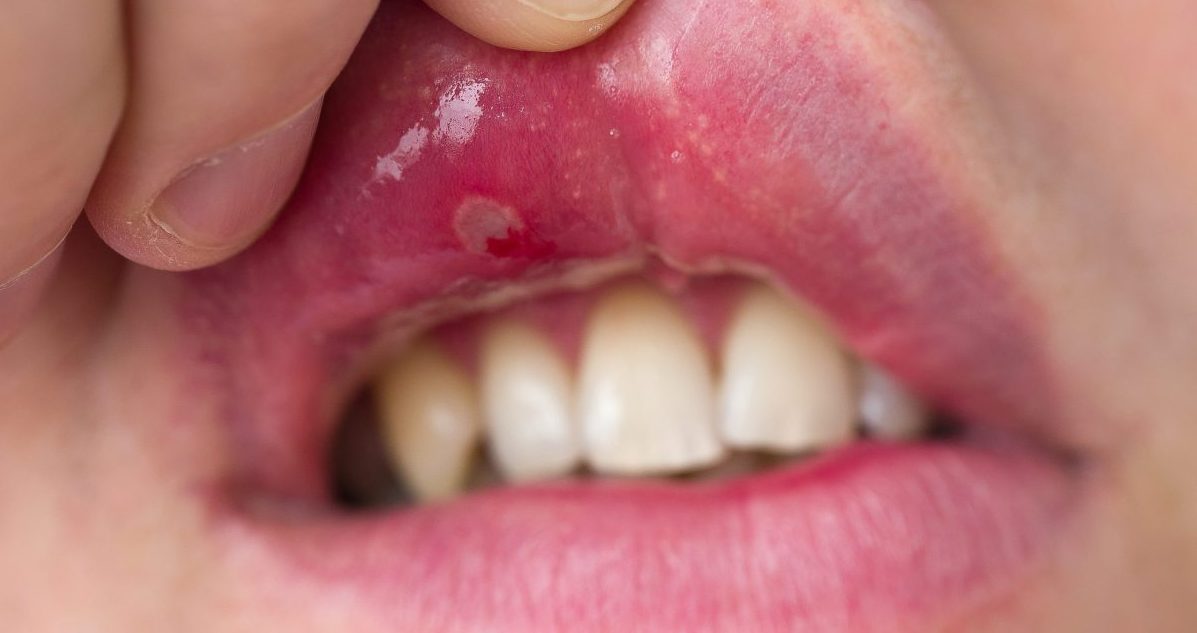It can make you smarter

Theanine is an amino acid that is found almost exclusively in tea. It has been shown to have a relaxing and calming effect on the brain, which can help reduce stress and anxiety. Theanine has also been shown to increase alpha brain waves, which are associated with a relaxed, focused state of mind.
It helps your digestion

Tea can help to stimulate the production of digestive enzymes and bile, which are important for breaking down food and absorbing nutrients. This is because tea contains polyphenols, a type of antioxidant that can promote the growth of beneficial gut bacteria and help to support a healthy digestive system.
It helps you sleep

Drinking tea, especially certain types such as chamomile and valerian root tea, can have a calming effect on the body that can help to promote sleep. This is due to the presence of certain compounds in tea that have been shown to have a relaxing effect on the nervous system, including flavonoids, theanine, and plant compounds such as quercetin.
Tea can boost your immune system

Tea contains compounds called alkylamines and L-theanine, which have been shown to enhance the activity of certain immune cells, including T cells and ‘natural killer’ – or NK – cells. These are white blood cells that play an important role in the immune system’s defense against cancer and viral infections. NK cells are able to recognize and destroy abnormal or infected cells without prior exposure or activation.
It can lower blood sugar

Studies suggest that drinking tea – particularly green tea – can help lower blood sugar levels and improve insulin sensitivity, which can be beneficial for people with type 2 diabetes or at risk for developing it. The catechins and epicatechins in tea can help regulate glucose metabolism by increasing insulin sensitivity and reducing insulin resistance.
Tea improves bone health

The flavonoids within tea can help fight against osteoperosis, commonly termed bone loss. This happens by increasing bone mineral density. Studies have shown that tea consumption is associated with higher bone mineral density in both men and women, which is an indicator of stronger bones; it’s thought that tea stimulates bone formation and inhibits bone resorption.
It helps your skin

Tea contains compounds such as EGCG (epigallocatechin-3-gallate) that can help promote collagen production in the skin. Collagen is a protein that provides structure and elasticity to the skin, and its production decreases with age. Green teas and white teas are thought to contain the highest levels of EGCG and therefore are best for reducing fine lines and wrinkles.
Tea can improve your dental health

The polyphenols in tea have antibacterial properties; as such, by drinking tea you’re fighting against the buildup of bacteria that ultimately leads to plaque and cavities. Plus, drinking tea without added sugar can help to promote saliva production, which helps to rinse away food particles and bacteria from the mouth. Tea can also act as a natural breath freshener, helping to mask odors.
It can fight Parkinson’s

While research remains in its early stages, there is some evidence to suggest that drinking tea may help reduce the risk of developing Parkinson’s disease. Parkinson’s is caused by the gradual loss of dopamine-producing cells in the brain, but it’s thought that the caffeine and theanine in tea could help protect dopamine-producing neurons from damage. Theanine in particular could help reduce inflammation in the brain.
It protects against free radicals

Free radicals are unstable molecules that can damage cells in the body and contribute to the development of chronic diseases such as prostate cancer. Tea is especially rich in antioxidants, making it an excellent choice to help combat free radicals and stay healthier for longer.
It boosts your sexual performance

Not everyone drinks tea to spice up things in the bedroom, but it’s been proven to work! Ginseng root, used for ginseng tea, increases blood flow to the penis and protects against oxidative stress, resulting in better erectile function and general sexual satisfaction. Women can also benefit from drinking ginseng tea!
It improves focus

You’re cutting it fine with your uni work, aren’t you? Left it til the last minute in favour of getting lit. It happens. We’re all human. Now drink some tea. The l-theanine will do wonders for your focus, especially if you’re knocking the stuff back day after day.
It soothes an upset stomach

Sipping chamomile tea will replenish the fluids you’ve lost when ill. For stomach problems, it will also soothe the gastrointestinal tract. How? Because chamomile is anti-inflammatory and anti-spasmodic. If it’s the trots you’re looking to cure, chamomile also helps with cramping.
It decreases stress

It’s a strange, loud world out there, and more and more people are looking for legal or healthy ways of taking the edge off of life. Enter tea, particularly the likes of chamomile, with their lovely theanine. This stuff will destress you a great deal if you drink regularly.
It helps you lose weight

Looking to shed some weight for that wedding this summer? Try some tea. A lot, if you can. It’s already known that tea can boost metabolism, thanks to its catechins. This will assist you in losing that blubber you’re concerned about. Pair your tea drinking with some cardio and you’re laughing.
It improves fertility

Are you and your special someone hoping to have a kid in the near future? Start drinking tea, baby. The polyphenols in tea have been proven to have potent antioxidant effects, which improve fertility in both men and women! Don’t rely on this alone, though. Fertility is mostly down to your general health and lifestyle choices.
It improves metabolism

A review of 15 studies found that those who drank two to six cups of green tea daily for over 12 weeks had lower body fat and body weight than those who did not. If you aren’t sold on the taste of the tea, green tea can be purchased in powders and pills, which help metabolism just as well.
It improves insulin sensitivity

Green tea research has shown that regular consumption can reduce complications from diabetes by improving insulin sensitivity, protecting pancreatic cells from further damage and decreasing inflammation. This will be a big help to anyone at risk or already living with diabetes.
It’s healthy for your mouth

A lot of drinks – most drinks, actually – are bad for your mouth, what with all the sugars and everything. Tea? Not so much. Tea contains fluoride, which can improve bacterial populations in the mouth, reducing your chances of periodontal disease, cavities, and maybe even oral cancer.
It hydrates you

This may come as a shock, given that most previous data suggested that tea promoted dehydration by acting as a diuretic and causing the body to lose excess fluid. Recent research, however, finds that six to eight cups of tea a day is just as hydrating as drinking the same amount of water.
It helps you live longer

Tea is not guaranteed to improve your life expectancy, but you have a better chance with it than just about anything else on this planet. A 2014 study found it significantly reduced non-cardiovascular mortality. It also suggested that tea was far healthier than its main rival, coffee.
It aids memory

Struggling to remember the little things? Losing keys and forgetting to pre-heat the oven etc? Green tea will nip that in the bud if you happen to drink consistently. One Swiss study from 2014 found that green tea enhances working memory, responsible for reasoning and decision-making.
It can ease anxiety

Matcha, the famous and hip green tea variant, can benefit people living with anxiety. This brew has a long history of medicinal use in Japan thanks to its active ingredient that stimulates dopamine and serotonin receptors, which are both linked to anxious behaviour. So if you’re in a pickle and wanting to try a tasty alternative to therapy, try matcha!
It makes you more creative

The quaint cup of tea isn’t usually associated with artistic output, but it should be! One study found drinking hot tea increases a sort of creativity called ‘divergent thinking’, which helps people create different ways to answer a problem. So if you’re indecisive and never know what avenue to take in life, start drinking that tea!
It calms you down

There’s a reason why most of us let out a pleasant and long exhale after taking our first sip of tea: it’s super relaxing! Chamomile tea is especially famous for its calming effect on drinkers. This comes from theanine, a compound which allows people’s brains to exhibit more α-waves, indicative of relaxation without drowsiness.
It benefits your kidneys

In a 2015 Polish study, drinking tea was found to reduce the adverse effects of environmental pollution on the human body, particularly the kidneys. Another study in India – where lots of tea is consumed – showed that catechins were offering protection against renal failure. This is one of the big positives of drinking tea every day for over a month.
It gives you heartburn

If you’re experiencing heartburn with every cuppa, you’re probably worsening a hidden case of acid reflux. Even without acid reflux, the caffeine in tea can cause heartburn by relaxing the sphincter that blocks the oesophagus from the stomach. If you’re drinking tea every single day, multiple times a day, this could become pretty unpleasant.
It may cause restlessness

Some teas, such as chamomile, are known for their relaxing properties; others meanwhile can only add to your stress if consumed daily, thanks to the caffeine count. This may come between you and your ability to concentrate and your sleeping pattern. Limit your intake to under 200 milligrams per day and you should be fine.
It may turn you into an insomniac

Drinking any caffeinated beverage before bed is a silly idea, even little old harmless tea. Though nowhere near as strong as the average cup of coffee, studies show that 200 milligrams of tea six hours before bed could affect your melatonin, the sleep-inducing hormone, leading to bad sleeping patterns.
It improves reproductive health

Reproductive health should be high on your list of Things to Prioritise, especially if you want to have children in the future. For men, drinking white tea was found to play a role in improving reproductive health in a Portuguese study. Drinking tea solidly for a month (and more) will only improve your general reproductive health.
It may increase stomach aches

Some teas, like ginger tea, will benefit your stomach and ease stomach aches. Others, however, may contribute to it! Tannins natural in tea leaves are responsible for the dry taste of tea. Too much of this bitterness and astringency can do a number on the tissues in your digestive tract.
It helps hypothyroidism

Hypothyroidism is the term given to people whose thyroid gland doesn’t produce enough hormones. Believe it or not, drinking enough tea may prevent you from ever developing this, thanks to the catechins which possess antithyroid properties. So don’t worry about overdoing it with tea consumption, as it may just pay off!
It can lead to dizziness

Drinking the odd cup of tea throughout the week and month won’t have an effect on your stability or coordination, but excessive consumption could definitely lead to you feeling lightheaded and dizzy. Drink anything less than three cups per day and this won’t become an issue.
It can increase the need to wee

Big time. Any beverage will make you pee, but tea is a diuretic, meaning it will cause you to pee more than usual. If you drink tea steadily, every day, for a month or up, you will find yourself waking up in the middle of the night for toilet visits.
It can increase dehydration

A cup of tea will hydrate you. It’s a cup of water after all. But too much will lead to dehydration. Why? Because of the caffeine in the tea, which will pose the same problems as drinking alcohol. If you’re urinating more than you’re taking in, your body will feel the consequences.
It can help pregnancy

So what’s the deal with pregnant women drinking tea all the time? It can be just as helpful as it is to non-pregnant women! Antioxidants offer cell protection from increased oxidative damage during pregnancy. But be careful, caffeine intake must be limited during pregnancy as the baby cannot metabolise caffeine like the mother. Find a decaf alternative and you’re set!
It may cause headaches

If you’re drinking peppermint tea, you may find headaches alleviated over time, but abuse of other teas can often cause them. If this is a problem you’re experiencing, try to limit your tea intake to less than 100 milligrams per day. This doesn’t occur with caffeine-free teas naturally.
It can lead to caffeine dependency

Caffeine can be great in the short term, but over-indulgence can lead to caffeine dependence, and with dependence comes withdrawal symptoms that will wreak havoc on your daily proceedings. Headaches, fatigue, general irritability…all of these will become constant hurdles. Unless you’re seeking out caffeine-free alternatives, you should limit your monthly tea intake.
It improves liver health

The catechins found in tea are known to offer protection against hepatitis. On the flip side, too much intake of catechins could be toxic to the liver, so exercise caution when it comes to supping tea. Catechins are particularly high in white tea. Some green teas like Mengding Ganlu have fewer catechins, so keep an eye out in your local shop.
It can worsen an iron deficiency

Tannins bind to iron, which is a bad thing for those with iron deficiencies. When tannins bind to iron, they prevent that iron from making its way to your digestive tract, where your body usually absorbs iron. This can only make your problems worse, so cool it with the tea consumption.
Tea can fight against MRSA

Methicillin-resistant Staphylococcus aureus, or MRSA, is a strain of antibiotic-resistant bacteria that cannot be easily treated with antibiotics like normal staph infections. It can be treated, funnily enough, with green tea. It’s been reported that the main component of tea polyphenols, epigallocatechin gallate, may help in the fight against MRSA.
Tea can prevent atherosclerosis

Atherosclerosis is a condition that causes plaque to build up in the walls of the arteries, leading to possible kidney and heart issues. A study has suggested that drinking black tea might prevent the formation of atherosclerosis, and therefore, some nasty chronic conditions further down the line.
Tea can cause bloating

Too much of anything will bloat you, and tea is no different, especially if you like a lot of people take yours with milk. The caffeine in the tea alone will bloat your stomach, but working in tandem with a dairy product will result in a pretty wild gas production.
Tea causes mouth ulcers

Mouth ulcers are highly irritating and inconvenient. Do you want to see the back of them? Or just improve your chances of such? Avoid drinking tea, my friends. Too much lemon tea in particular can irritate mucous membranes and lead to ulcers and sores. Any hot liquids in general will aggravate an ulcer.
Tea can cause anxiety

A lot of teas are known for their calming properties, but if you’re taking your tea with milk it can result in anxiety-inducing side effects. When you overdo it on tea, you can trigger a small chemical imbalance in the brain that causes anxiety and stress. Avoid consuming more than 150ml daily and you should be fine.
Tea can tarnish breastfeeding

There are a few things you want to avoid food and drink-wise when you’re lactating and sadly enough, tea is right up there. While a nice refreshing brew may seem like heaven post-partum, the caffeine from the tea will get blended with the breast milk. In turn, this will irritate your baby whose body cannot handle it.
Tea can cause osteoporosis

Osteoporosis is a condition that weakens bones, making them much more likely to snap. It develops quietly over several years and is normally only diagnosed after nasty falls or bumps. While tea is not the main cause of osteoporosis, it won’t help matters. Tea flushes out large amounts of calcium from your body when you wee.
Tea can cause nutritional deficiencies

Having tea with milk can prevent the body from properly absorbing certain nutrients that your body needs to stay healthy. If you’re drinking milky tea all day, every day, it can lead to iron and zinc deficiencies. When heated to 100 degrees Celsius, milk loses all nutritional value.
Tea absorbs aluminium

Keep a watchful eye on lemon tea, folks. It can do things other teas wouldn’t dream of anything, such as absorbing aluminium. When this happens, it may cause toxicity in the body, possibly leading to aplastic bone disease, proximal myopathy, increased risk of infection, increased left ventricular mass and decreased myocardial function.
Tea may cause constipation

Theophylline benefits blood circulation, muscle relaxation and body detoxification. Caffeine, meanwhile, benefits the excretory system. But overdo either of these and it will lead to constipation as tea frequently dries out and dehydrates the body. That’s no fun for anyone. If you’re someone that takes their tea with milk then you’re really asking for trouble.
Tea can improve bad breath

Certain teas will prevent bad breath if you drink enough of it. Peppermint tea, for example, is known for its refreshing and calming properties and assists in a case of stinky breath. Rest assured, this shouldn’t be the only thing you rely on when it comes to oral hygiene, but it won’t have a negative impact. Drink away!
Tea can help colic in babies

It’s not just mature adults that can benefit from drinking tea long-term, but babies too. Rooibos in particular has been proven as a safe and natural remedy for treating colic in babies. The antispasmodic properties can also help treat your baby’s stomach and treat diaper rash. If you’re looking to hydrate your baby in a healthy way, look no further than rooibos.
Tea can improve nausea

There are some factors in tea that worsen or induce bouts of nausea, most famously tannins, which can also lead to dryness in the mouth. But some teas, like ginger, are known for their anti-emetic properties. If you start drinking ginger tea daily, especially when you’re under the weather, you will notice a clear difference.
Tea can help a cough

Next time you’re out stocking your medicine cabinet, don’t just pull cough drops off the shelves, but licorice tea, too. A study in mice found that components in this tea can decrease cough frequency bt 30% to 78%. It also found that licorice compounds can act as expectorants, which can help loosen all that pesky mucus.
Tea can cure loss of appetite

Icelandic moss is usually taken as a lozenge but has found success in tea form over the years. It’s commonly used to alleviate colds, coughs and general respiratory issues. But its most interesting use is how it can cure a loss of appetite. So if you’ve been struggling to find the energy or inclination to eat a meal, hop on the Icelandic moss train.
Tea can strengthen your muscles

Feeling a little weak and feeble recently? Finding it hard to lift those heavy loads at work? If you were to drink tea consistently, you might just see a difference in your muscle strength. Some swear by the wonders of ashwagandha tea and claim that the adaptogenic herb has made them stronger.
Tea may help aid lupus

Tea may be beneficial for a number of ailments, including lupus. Sage tea, a member of the mint family, is naturally packed with nutrients, minerals and antioxidants that work together to provide s host of healthy benefits. Drinking this stuff routinely over a month may just ease some of the issues related to lupus and other conditions.
Tea can alleviate sore throats

Tea is one of the best things for a sore throat, especially if you’re drinking it regularly. Tea contains antioxidants as we all know and they can have an anti-inflammatory effect that reduces all the pain and discomfort of a sore throat. Warm liquids in general can soothe inflamed throat issues by increasing blood flow to the area.
Tea can help with arthritis

Suffering from nasty pain and inflammation of your joints? Tea could be one of your answers. An 8-week study of 50 women with rheumatoid arthritis found that supplementing with 500mg of quercetin, one of the antioxidants found in linden flower tea, significantly improved joint pain and symptoms of inflammation!
Tea can help fight allergies

Allergies are a nuisance of life but they can be brought under control by regular consumption of tea. Rooibos, for instance, contains many natural components like rutin and quercetin that block the release of histamines, helping to metabolise allergens and alleviate symptoms, including skin irritations. Osmanthus tea is also a goodie when it comes to allergies.